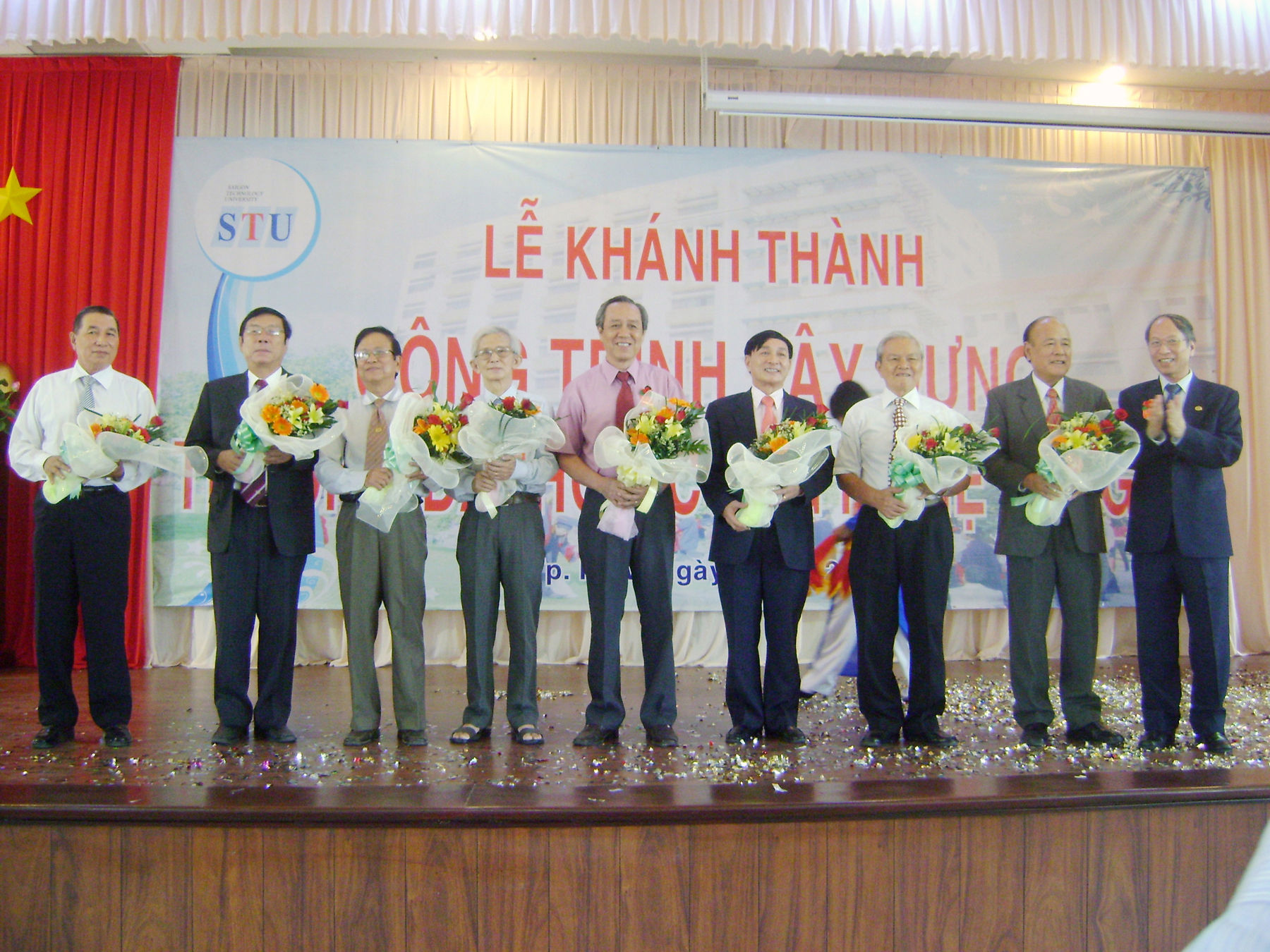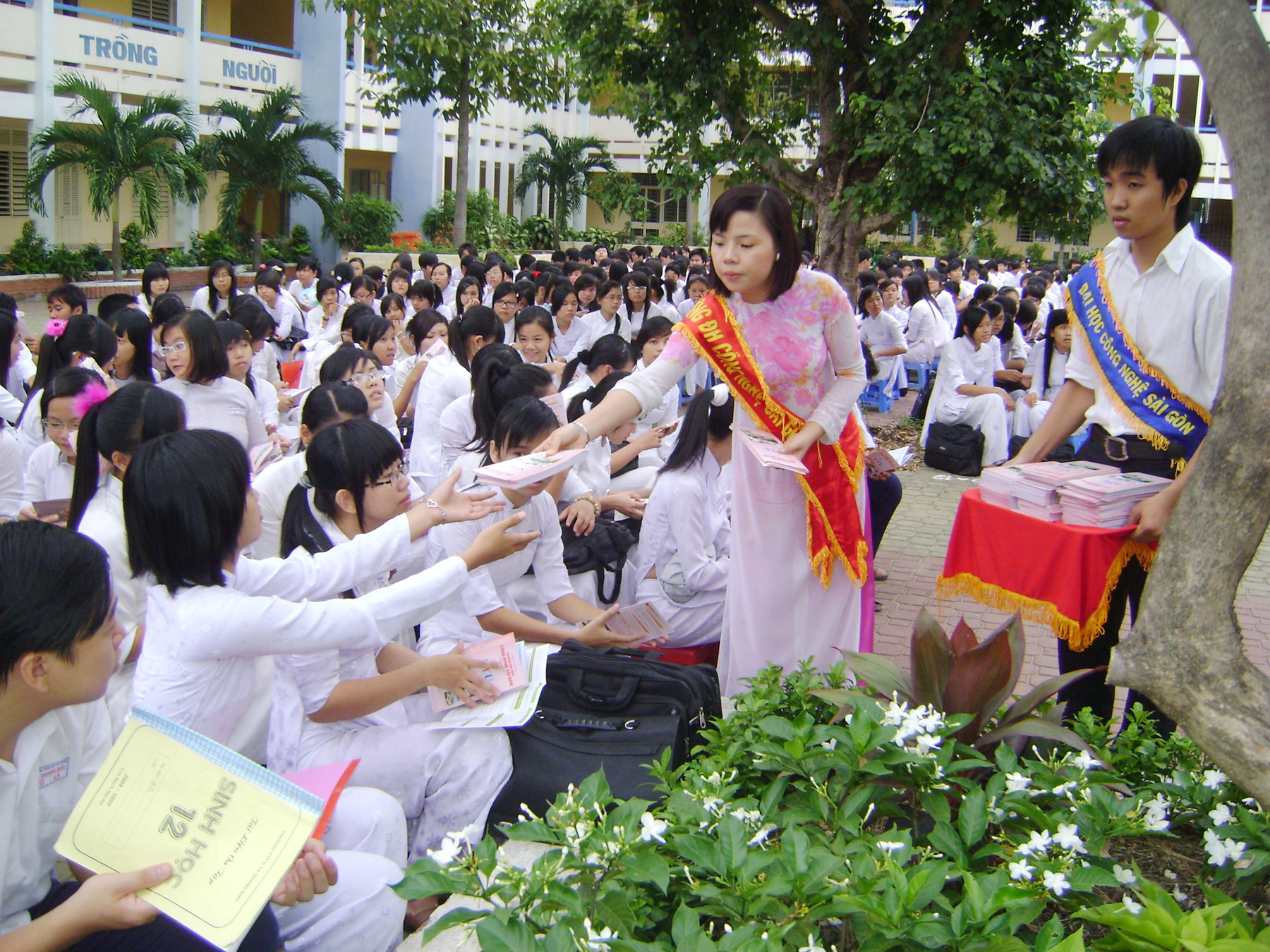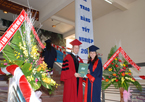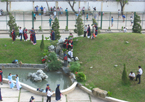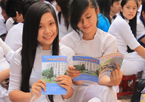News and Events
PrintTertiary schools doubt new affirmative action
Update 25/10/2012 - 08:04:45 AM (GMT+7)Many universities now distrust the rationality of a new directive by the Ministry of Education and Training (MoET) that further lowers the admission bar for specific applicants.
Vietnamese universities annually enroll candidates based on their performance on a particular set of three MoET standardized tests, which varies from discipline to discipline.
They are often banned from recruiting applicants who score below the so-called ‘pass threshold’ the ministry sets, ranging from 13 to 14.5 (out of a total 30 points) this year, depending on each major.
But MoET released new regulations on Monday that allow higher learning institutions in three designated areas – namely the Northwestern, Central Highlands, and Mekong Delta regions – to accept local candidates who meet certain residency requirements and scored at most 1 point below the threshold on national university entrance exams administered by MoET in July.
A management official at Can Tho University in the Mekong Delta said that this new policy could lead to disorder in the overall system as failed candidates, who are already enrolled at junior colleges or vocational courses, would be willing to drop out of their current schools to struggle for a seat at university.
He revealed that Can Tho will not adopt this unexpected positive discrimination because it has stopped enrolling students for this academic year.
An academic affairs officer at another Mekong Delta university agreed with the official, adding that the policy benefits neither candidates nor schools at this time.
“It would be more appropriate and beneficial to candidates if the ministry released it before the July exams,” he said.
Many experts complained that one section of the new regulations, stipulating that those entering university this way will have to register for a foundation semester, may create an opportunity for colleges to collect extra fees.
“Who will supervise and design the curriculum for this foundation program?” one of them asked.
The healthcare and pedagogy disciplines, to which candidates have been admitted through a lax selection process, would probably be the victims of this guideline, according to Hoang Xuan Quang, vice president of An Giang University, also located in the delta.
Even universities in the designated areas said the ruling is unnecessary since the targeted applicants have profited from other similar affirmative action plans so far.
A MoET Deputy Minister explained that it was intended to produce a skilled workforce for those regions where natural and economic conditions are not as favorable as the other more developed ones.
“It should be understood that they are exceptions so the common academic standards should be inapplicable here,” the official said.
But many educators believe that the policy is meant to ‘save’ private universities which have mushroomed in recent years and are now grappling with minuscule applicant numbers.
Related News
- Vietnamese student grabs bronze at Microsoft Office Specialist World Championship (05/08/2019)
- Vietnam wins big at WICO 2019 (30/07/2019)
- Vietnamese woman seeks second college degree at age 63 (26/07/2019)
- Vietnamese students win more golds at ASEAN Schools Games (23/07/2019)
- Vietnam acquires Australia’s experience in university governance (29/05/2019)
- High-school graduates turn away from higher education (28/05/2019)
- Vietnamese students win Asian Physics Olympiad medals (16/05/2019)
- PM approves project applying IT in law dissemination and education (06/05/2019)
- Universities, firms join hands in training high-quality agriculture workforce (23/04/2019)
- Vietnamese university named in top 101-200 of Impact Ranking (05/04/2019)




